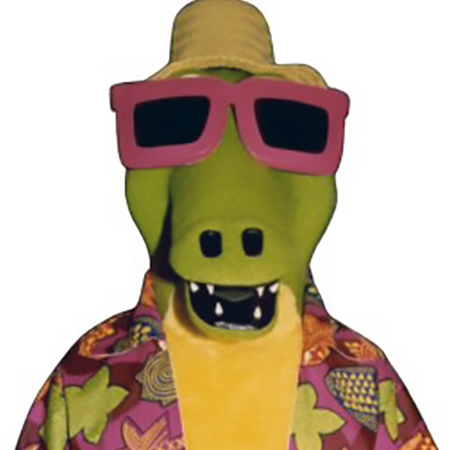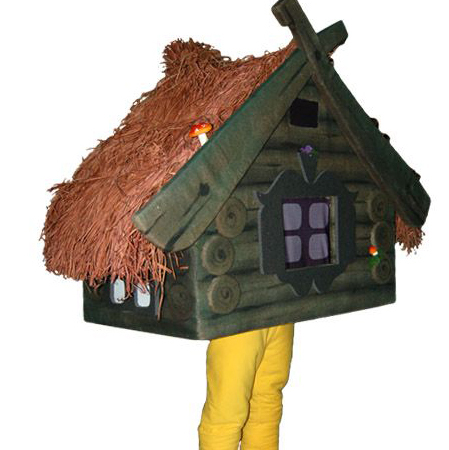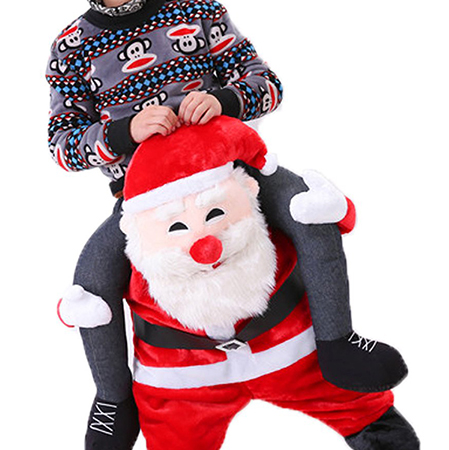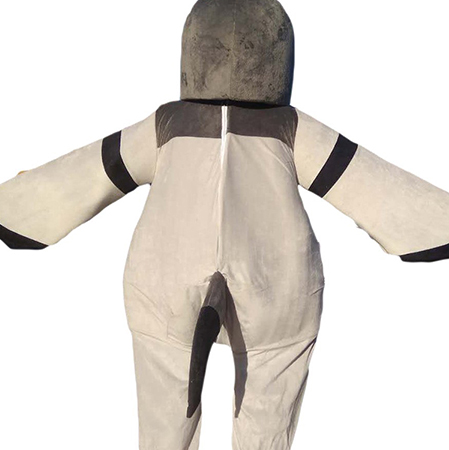Mascot costumes play a vital role in creating an engaging and memorable corporate identity. These vibrant, personified characters serve as the face of a brand, embodying its values and personality. They are not merely costumes but symbolic representations that help establish a deeper emotional connection with the audience.
One of the primary functions of mascot costumes is to humanize a brand, making it more relatable and approachable. When customers see a friendly mascot, they are more likely to engage with the company’s products or services. This interaction fosters trust and loyalty, as people tend to gravitate towards brands that make them feel valued and understood.

Moreover, mascot costumes can effectively communicate a brand’s core message and values. For instance, a playful and colorful mascot can signify a fun and family-friendly brand, while a more sophisticated and sleek design might convey professionalism and expertise. By carefully designing a mascot, companies can ensure that their target audience immediately grasps what they represent.
In addition to fostering customer engagement, mascot costumes also enhance brand recall. A well-designed mascot is easily recognizable and often becomes synonymous with the brand itself. Think of iconic mascots like Ronald McDonald or the Geico gecko; these characters have transcended traditional advertising, becoming enduring symbols of their respective brands.

Furthermore, mascot costumes are powerful tools for public relations and marketing events. They can be deployed at trade shows, sports events, charity functions, and other public gatherings to draw attention and create buzz. Their presence can turn ordinary events into extraordinary experiences, leaving a lasting impression on attendees.
Another important aspect of mascot costumes is their ability to unify a company’s internal culture. Employees often find common ground and motivation in representing their mascot, which can boost morale and foster a sense of community within the organization. This internal alignment can translate into better customer service and a more cohesive brand image.

In today’s digital age, mascot costumes also play a crucial role in social media strategy. A well-crafted mascot can become a viral sensation, generating likes, shares, and comments across various platforms. This kind of organic reach can significantly amplify a brand’s online presence and attract a broader audience.
Additionally, mascot costumes offer versatility and adaptability. They can be customized for different seasons, holidays, or special promotions, ensuring that the brand remains fresh and relevant. This adaptability allows companies to keep their marketing efforts dynamic and engaging, avoiding the stagnation that can come with static branding elements.

Investing in a high-quality mascot costume is also a strategic financial decision. Unlike some marketing tactics that may have a short lifespan, a well-executed mascot can provide long-term benefits. Its ongoing presence can continually reinforce the brand message, making it a cost-effective marketing tool over time.
In conclusion, mascot costumes are far more than just eye-catching attire; they are essential components of corporate identity that drive engagement, communication, and brand loyalty. By thoughtfully incorporating mascot costumes into their marketing strategies, companies can create a distinctive and enduring presence in the minds of their audience.

